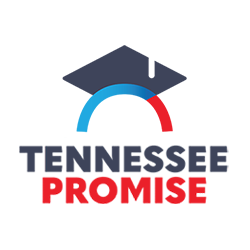Guidance for Working with Students
To best provide the most appropriate accommodations to students who self-identify and request accommodations due to a disability in classroom situations, faculty should direct students to register in the Access Center (AC) office. We collect, evaluate and maintain students' professional documentation of disability, and take the mystery out of determining appropriate accommodations. When a student with a disability completes registration in the AC and chooses to request classroom accommodations, faculty will receive an email with guidance for providing the student’s approved accommodations.
The AC also offers testing resources to faculty to assist with the administration of coursework tests to students with disabilities. Proctoring services and assistive technology are available in an accessible, low-distraction environment. Students must be pre-registered in the AC and pre-approved for specific test accommodations before faculty can use these resources. Faculty are asked to fill out a Proctor Form to guarantee appropriate testing protocol is followed, and students are asked to schedule their own testing appointments.
If you suspect a struggling student has a disability but the student has not self-identified, please do not directly ask the student about having a disability. Instead, we suggest you address concerns about specific behaviors with the student, and encourage the student to access all available resources for assistance, including the Learning Commons, the Library, the Office of Advising and the Access Center.
Faculty Support and Assistance
Supportive and consultant services are also available from the AC to assist individual faculty in working with students with disabilities. We support faculty by:
- endorsing the most appropriate accommodations for each student
- identifying alternative/modified accommodations, when warranted
- arranging for sign language interpreters and captioning services
- obtaining alternative format textbooks
- facilitating the purchase of assistive technology
- offering guidance for working with student behavioral issues
- mediating disputes and disagreements
Additional Resources
Faculty are encouraged to visit The Faculty Room, funded by the US Department of Education, for more specific information on the provision of accommodations and creating Universal Design classrooms. Additional guidance and resources can be found by visiting Vol State's Accessibility Knowledge Base.
Finally, the Tennessee Board of Regents (TBR) has developed an Accessible Information Materials and Technology Procurement Guide to aid in the procurement of accessible materials for utilization in courses and services. The resource guide is also available on the TBR Accessibility Initiative website, in the “Resources” section.



